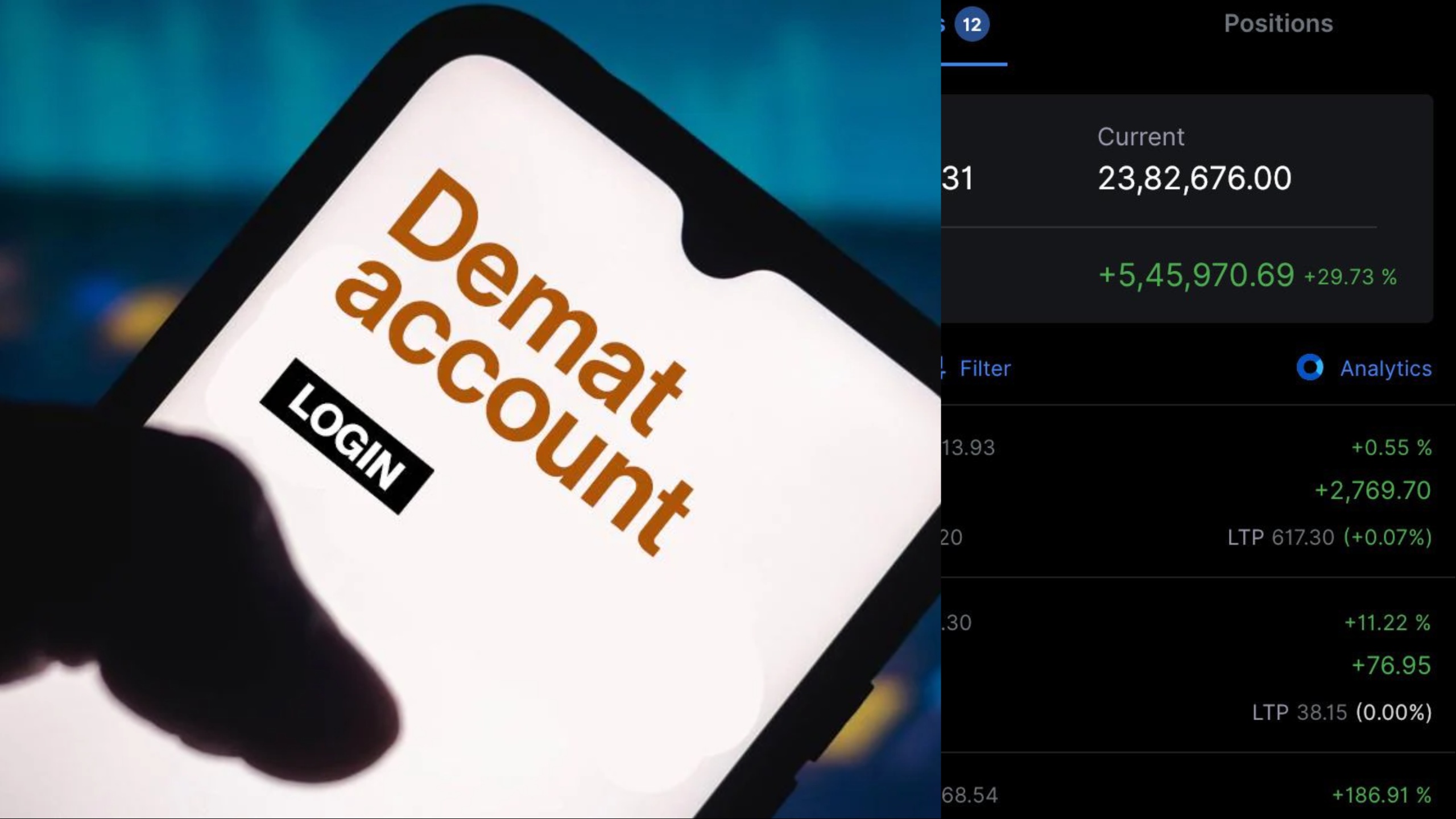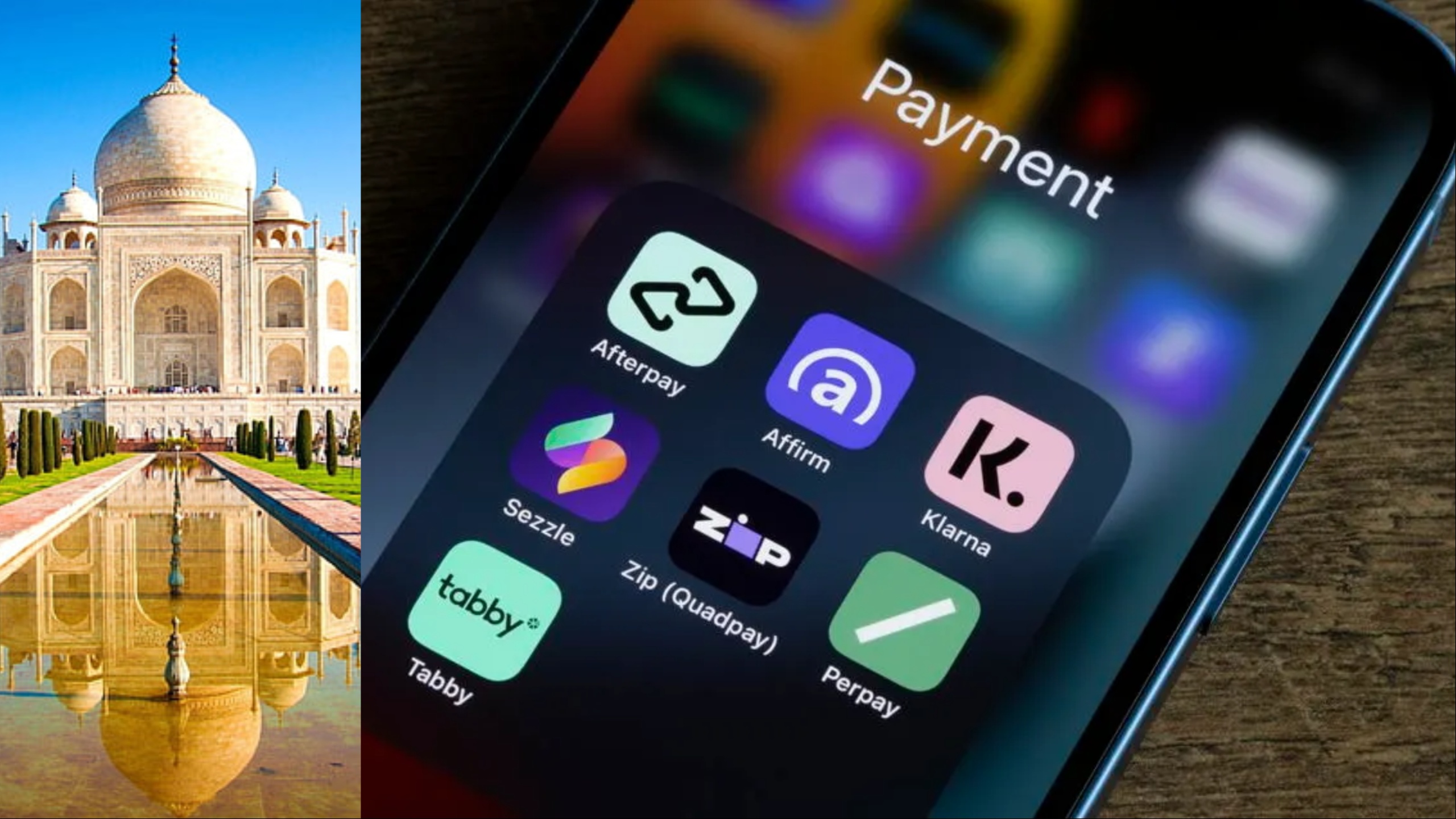Personal Finance
Where to Invest Money – Top Investment Options in India

There are so many investment options in India that you should really think about them. You can reach your financial goals if you know about different types of investments and how to use them. These are some of the best investments to think about, depending on how much risk you’re willing to take and what you want to do with your money.
If you want to invest with little risk, the National Savings Certificate (NSC) is a great place to start. The Indian government supports NSC, which is a safe way to save money. Under Section 80C of the Income Tax Act, 1961, you can deduct up to ₹ 1.5 lakh from your taxes. This plan will help people who don’t make a lot of money the most.
The National Pension Scheme (NPS) might be the best choice for you if you want to be sure you have enough money for retirement in the long run. Indian citizens can join the NPS and decide how much risk they want to take with their money. You can get up to ₹ 50,000 more in tax breaks under Section 80CCD(1B) on top of the ₹ 1.5 lakh you get under Section 80CCE.
The Public Provident Fund (PPF) is another way for people to reach their long-term financial goals. This low-risk investment will be great for people who are saving for retirement because it matures in 15 years. It lets you take up to ₹ 1.5 lakh off your taxes under Section 80C, just like NSC.
Unit-Linked Insurance Plans (ULIPs) could be a good choice for you if you want both insurance and an investment. These plans not only keep you safe, but they also let you decide how much risk you want to take with your money. Section 80C and Section 10(10D) of the tax code also give ULIPs tax breaks.
If you want higher returns that are linked to the stock market, equity mutual funds might be a good choice. Professional fund managers run these funds, and they mostly buy stocks. Even though they are risky, they could lead to long-term growth, which makes the risks worth it.
Gold is a safe place to keep your money when the economy is shaky. You can buy gold coins, jewelry, or newer things like Sovereign Gold Bonds (SGBs). These let you keep gold without having to keep it. Gold is still a big part of Indian culture and can help you keep your money safe from inflation.
You can invest in real estate without having to deal with the properties yourself by using Real Estate Investment Trusts (REITs). You can buy and sell these like stocks, and they give you dividends and capital gains.
The Post Office Monthly Income Scheme (POMIS) is a great way to make sure you get money every month. The government supports this plan, which promises monthly payments that stay the same. People think it’s a safe choice because you can only put ₹ 9 lakh in one account.
Because they have a fixed interest rate, fixed deposits (FDs) give you a steady return. You can get fixed deposits (FDs) from banks and non-banking financial companies (NBFCs). You can also get a tax break on them under Section 80C. Government bonds are another low-risk choice. They give you safe, fixed returns because the government is trustworthy.
If you want to invest in gold but don’t want to keep it, Sovereign Gold Bonds (SGBs) might be a good option. The Reserve Bank of India issues SGBs, which are a safe and simple way to buy gold.
To make smart investments, you need to know what your options are. You can make better decisions that help you reach your financial goals by looking at these investment options.
-

 Insurance3 months ago
Insurance3 months agoCar Loans in 2026 Commercial Car vs Used Car vs New Car Loans
-

 Stock Market1 month ago
Stock Market1 month agoSteps to Open a Demat Account Online in 2025
-

 Insurance2 weeks ago
Insurance2 weeks agoUnderstanding Vehicle Insurance in 2025 Types Benefits and Coverage
-

 Insurance2 months ago
Insurance2 months agoTerm Life Insurance vs Whole Life Insurance in 2025 What Sets Them Apart
-

 Insurance3 weeks ago
Insurance3 weeks agoUnderstanding Insurance in India 2025 Different Types Why It Is Important and What It Covers
-

 Mutual Funds3 months ago
Mutual Funds3 months agoSWP in Mutual Funds Meaning Benefits and How It Functions
-

 Insurance3 months ago
Insurance3 months agoUnderstanding Travel Insurance Its Coverage Types and How to Get It in 2025
-

 Personal Finance2 months ago
Personal Finance2 months agoBuy Now Pay Later (BNPL) How It Functions and Its Advantages in 2025


